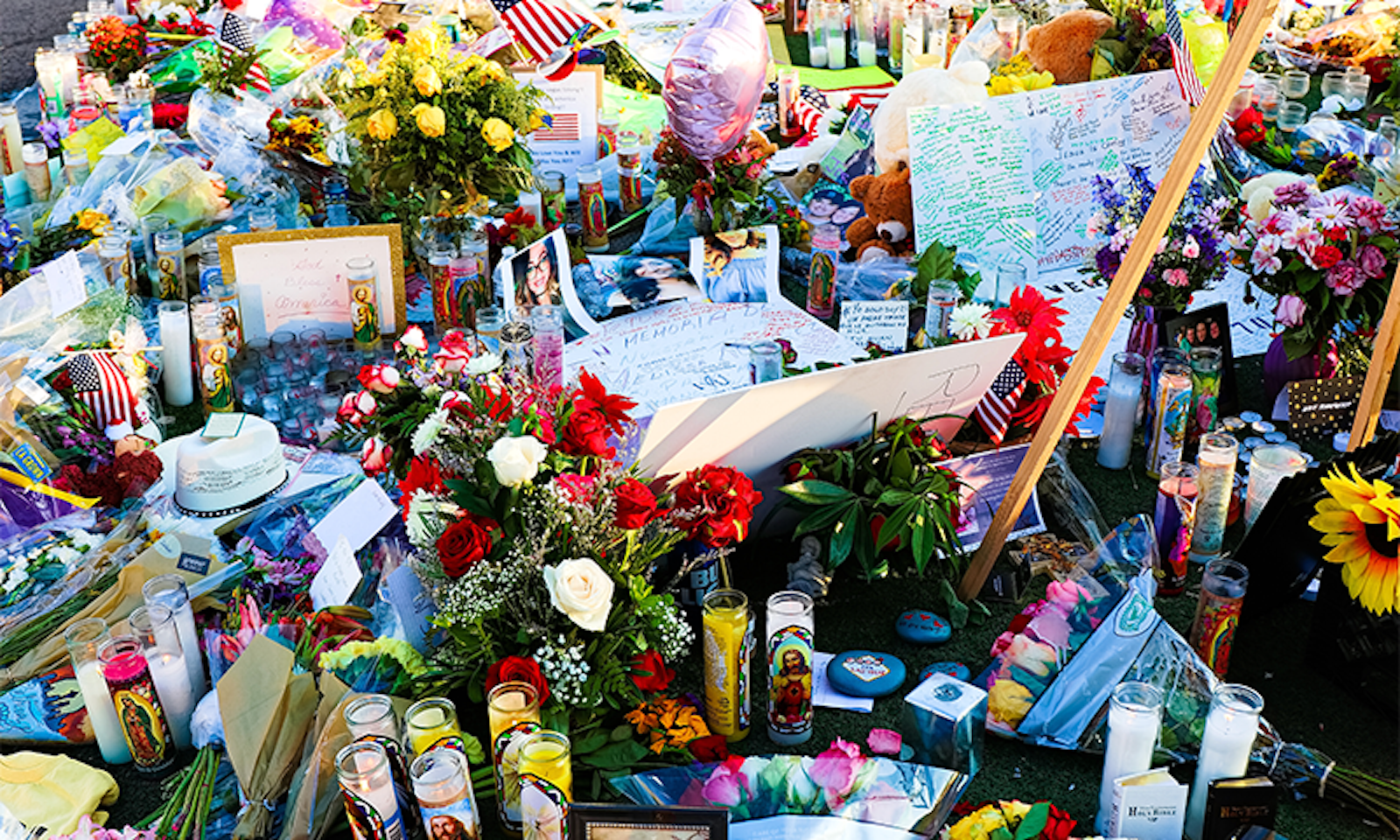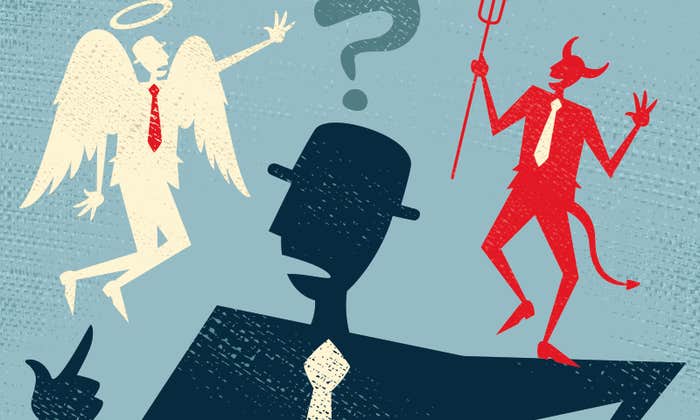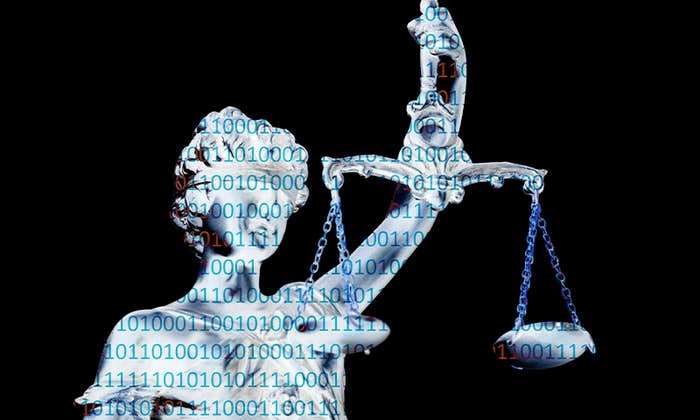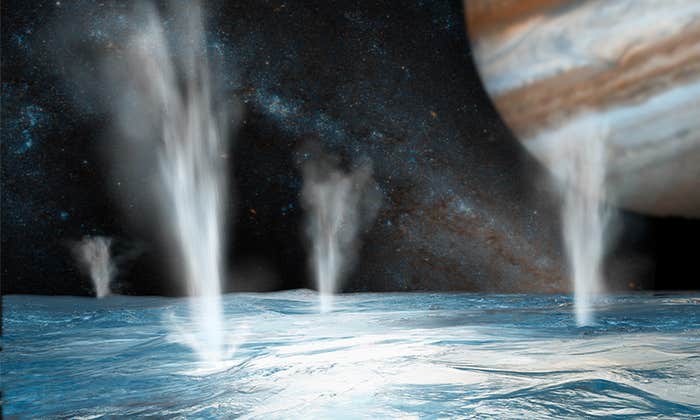One question for Maurizio Porfiri and Rayan Succar, dynamical systems engineers at New York University. Porfiri directs NYU’s Dynamical Systems Laboratory and the Center for Urban Science and Progress. Succar is a engineering graduate student in Porfiri’s lab focusing on complex systems and network science.
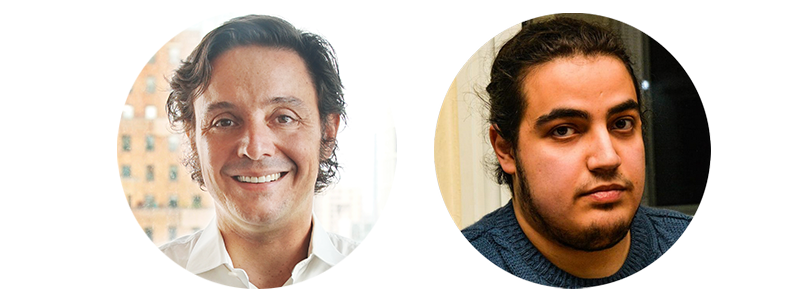
How can we discourage mass shootings?
Maurizio Porfiri: Our work supports a no-notoriety approach, in which we want to dry up the news about mass shootings—limit the number of details—and try to disentangle the presentation of the mass shooting news from the fame it can get.
If we provide too many details, then if I am somebody who is trying to gain fame, I will use these details to plan an attack that you don’t expect, something society is not aware of. We find in our new study that the more mass shootings differ from previous history, the more they capture the attention of the public. It seems that fame-seeking mass shooters don’t aim for a high death count, but try to stand out in other ways.
Rayan Succar: We quantify fame by looking at Wikipedia. So for each shooting, we see how many people visited this Wikipedia page over time. We controlled for the number of victims and casualties, and we did not find any correlation between surprise and lethality for fame-seeking mass shooters. So they see surprise as a path to fame that’s independent of the death count.
We want to dry up the news about mass shootings.
Porfiri: From that point of view, it can help to set good guidelines and practice for the media to talk about mass shootings. On the preventative point of view, it adds some level of alert, which is related to red flag laws. Red flag laws, which can remove firearms from a person who seems to be a danger to themselves or others, have to do with some hint that some event, however unlikely, can happen, and it’s a good idea to follow up on it. When people are thinking about trying to gain fame through mass shooting, they’re looking at the details of past mass shootings and trying to distinguish themselves so as not to be the same.
Say you hear about something that to you is like, “Oh, no, nobody’s ever done it. So maybe it’s not going to happen.” No, pay attention to even these details, report them, and we should act with red flag laws to prevent any possible mass shootings that could occur. ![]()
Lead image: Usa-Pyon / Shutterstock



















